Start of programs funded with project-linked contributions 2021-2024
Read more: swissuniversities.ch/en/topics/higher-education-policy/programmes-and-projects

The challenges facing Swiss higher education institutions – and society as a whole – were greater than ever in 2021. The coronavirus crisis caused massive disruption to teaching and learning. Lessons initially still had to be held online. When face-to-face teaching became possible again, the institutions had to introduce the COVID certificate. The protective measures taken around the world significantly hampered the mobility of students and academics, limited personal contact and restricted the ability to socialise. At the political level, the Federal Council’s decision to break off negotiations on the EU framework agreement led to Switzerland being excluded from the Horizon Europe research programme and downgraded to a non-associated third country. This not only jeopardises international cooperation, but also the position of our institutions in the European research landscape.
Nevertheless, every crisis presents an opportunity. In both cases, the higher education institutions were able to fully meet the expectations placed on them at the national level. In the fight against the pandemic, they contributed their academic and scientific expertise in all areas, covering not just health protection issues, but also economic, social and psychological aspects. They supplied policymakers with important facts, which gave them a sound basis on which to make decisions. At the same time, the institutions carried on fulfilling their basic duties despite the crisis. They pursued their teaching and research activities and continued to provide their services for society. They established new national partnerships or strengthened existing ones. Measures affecting students directly were implemented nationwide in a coordinated way.
swissuniversities also contributed to the rapid implementation of solutions to cushion the negative effects of Switzerland being downgraded in the Horizon Europe research programme. It drew attention to the possible consequences of permanent exclusion, not just for higher education, but also for the economy, industry and the prosperity of our country and its people. Sharing ideas and knowledge is a fundamental part of open and solution-oriented research for tackling global challenges such as climate change, digitalisation or the crisis of multilateralism. To our researchers, participation in Horizon Europe is just as important as participation in the Erasmus+ programme is to our students. As the umbrella organisation of the higher education institutions, swissuniversities and its members succeeded in addressing both issues and initiating a public debate that, like all academic activities, was characterised by considerateness, thoroughness and a willingness to cooperate. We would like to thank all of them for working hard to fulfil their responsibilities.
Prof. Dr Yves Flückiger
President of swissuniversities
In the year under review, dealing with the effects of the coronavirus pandemic again kept us busier than we had hoped for in January 2021. Despite the constantly changing situation, the higher education institutions did everything they could to ensure as little disruption as possible for their students and staff, and to protect their health and preserve the high standard of teaching and research. In addition, the consultations on the coronavirus measures by the Federal Council and the cantons presented the higher education institutions with the challenge of defining a common position within a short space of time and communicating their opinions about the requirements and realities of research and education.
Foundations for the future were also laid in many other areas with big and small measures. These included developing the Swiss Higher Education Policy Coordination 2025–2028 in interaction with the European Union, as well as addressing issues relating to the admission of individual institutions and the Open Research Data strategy.
Furthermore, our General Secretariat was in contact with the Federal Tax Administration to find out which of swissuniversities’ cash flows might be subject to VAT. This has been an ongoing issue for some time now, and we are hoping to be able to resolve it next year in a way that is acceptable to us.
In summer 2021, the General Secretariat took on its first ever apprentice for a term of six months. The swissuniversities General Secretariat is thereby playing its part in developing apprentices and supporting the vocational training and education sector.
As in the previous year, we again worked from home for much of 2021. I would like to take this opportunity to thank all members of the General Secretariat for their patience, their dedication, and their determination to not only keep our team spirit alive during these unprecedented times, but to enhance and nurture it with innovative methods.
We would also like to thank all our colleagues at the higher education and research institutions, the federal government and the cantons for their valuable and constructive cooperation.
Dr Martina Weiss
Secretary General swissuniversities
swissuniversities covered a wide range of topics in 2021. These included the following three priority topics: 1. Higher education institutions in the coronavirus year 2021, 2. International positioning of the institutions, 3. Open Science: Open Access and Open Research Data.
Swiss higher education institutions, which host many thousands of people on their campuses every day, were hit particularly hard by the coronavirus crisis. How they responded to this unprecedented situation depended not only on the federal and cantonal requirements, but also on the institutions’ size, their degree of centralisation, and their available capacities.
All of the higher education institutions started the 2021 spring semester in the same way they had finished the autumn semester in 2020: almost all lessons were held online, with some exceptions for areas or subjects in which infrastructure or interaction are essential. Following the Federal Council’s decision on 14 April 2021 to ease restrictions, most of the institutions changed their strategies and took steps to bring back face-to-face teaching on campus. However, the measures imposed by the Federal Council (maximum of 50 people indoors, social distancing, room use limited to one third of capacity) proved to be very restrictive, especially for smaller institutions that could offer their students little in the way of infrastructural support. At the start of the 2021 autumn semester, the institutions were able to remove some of the restrictions and, due to the introduction of compulsory COVID certificates, could also start holding face-to-face lessons again in many places. Thanks to various online solutions, which in particular included recordings and distance learning, most higher education institutions made it possible for students without a valid COVID certificate to attend lessons as well.
The majority of exams in the 2021 winter and summer sessions were held online.
To ensure the quality of the qualifications being awarded, exemptions granted for past sessions were not extended in many cases. Fails were therefore assessed as such again.
Numerous higher education institutions came up with new measures to help students cushion the financial impact of the crisis (emergency aid, solidarity fund, revised rules for loans and scholarships, etc.) or enhanced existing measures. They also introduced or stepped up various mental health measures for students (coaching sessions, consultations with specialists, workshops, online sports programmes, etc.).
It should also be mentioned that, like in 2020, the higher education institutions were again heavily involved in coronavirus research projects.
Because swissuniversities believes that research and innovation transcend national borders, it continues its efforts to improve the competitiveness and position of higher education institutions in the international arena. Global challenges such as the COVID-19 pandemic and climate change call for coordinated solutions, open science, international cooperation and adequate research funding. These things are also essential for the prosperity of our country.
Since the Federal Council broke off negotiations on a framework agreement with the European Union, Switzerland has been classed as a non-associated third country. As a result of this status, Swiss higher education institutions may no longer participate as full partners in the Horizon Europe and Erasmus+ programmes. This is detrimental to the institutions, as it means they cannot carry out projects within these programmes, or only to a limited extent. At the same time, it makes it much harder to recruit researchers, and there is a greater risk of losing top scientists to other countries. In 2021, swissuniversities approached several of its partner organisations at European level and repeatedly made the national authorities and partner associations aware of this extremely delicate situation for the future of Switzerland as a centre of research and education. It will continue its work in 2022 in the hope that a solution can be found soon.
With regard to the international positioning of the higher education institutions, swissuniversities sent out a survey at the end of 2020 to gauge their opinions on cooperation with China. The survey showed that there is a clear need for improvement in this area. Three objectives were agreed on the basis of the results:
1) to improve coordination at national level;
2) to develop a practical guideline;
3) to establish a working group to assess the relevance of creating a national, dedicated China network. The first national discussion on this topic took place on 24 November 2021 at the Europa Forum Lucerne. A guideline is currently being developed and is expected to be published in spring 2022.
Open Science is a paradigm that seeks to make scientific research, data and its dissemination available to all levels of an enquiring society and the public.
The programme Scientific Information 2013–2021 (P-5) was concluded in 2021 and its results were discussed with the community at the conference ‘P-5 Outcomes: Scientific Information Services for All’ on 30 November 2020. The programme funded a total of 43 projects over two BFI periods. Thirty of these gave rise to services that will benefit all members of the scientific community.
The Scientific Information (P-5) programme led to the creation of the current Open Science Programme 2021–2024, the content of which focuses on two main areas: Open Access in phase A, and Open Research Data in phase B.
The ‘Big Deals’ negotiation team was established on the basis of the 2017 Open Access Strategy and Action Plan. Following the successful conclusion of negotiations with the three biggest publishing houses Elsevier (May 2020), Springer Nature (July 2020) and Wiley (April 2021), swissuniversities implemented the Read&Publish model which grants access to academic periodicals and also covers Open Access publications. The conclusion of the negotiations in 2021 coincided with the start of preparations for the next round of negotiations.
In 2021, swissuniversities fulfilled the mandate given by SERI in January 2020 to develop a strategy for Open Research Data, an associated action plan and the programme Open Science I, Phase B – ORD. swissuniversities, the ETH Board, the Swiss National Science Foundation (SNSF) and the Swiss Academies of Arts and Sciences adopted the Open Research Data Strategy in summer 2021 and the associated Action Plan in winter 2021.
The ORD Strategy is focused on four objectives: the targeted development and support of ORD solutions based on the needs and ORD practices of the respective research communities, the strategic development and consolidation of infrastructures and services, the promotion of researchers’ ORD skills, the sharing of best practices and the development of systemic, supportive frameworks for institutions and research communities.
A common desire to coordinate and thus take a cooperative approach is a key characteristic of the Strategy and the Action Plan. A broad-based Strategy Council will therefore be established to strategically manage the ORD Action Plan. In addition, the Swiss ORD community will be involved in the strategic management of ORD. Two sounding boards, consisting of researchers and service providers from the ERI institutions, will support the implementation of the ORD measures at local level.
"In view of global developments in recent years, it is all the more important to commit to protecting scientific integrity and academic freedom."
In 2021, swissuniversities reaffirmed the importance of academic values and scientific integrity. On the one hand, with its declaration on academic values, swissuniversities has recalled the two principles of institutional autonomy and academic freedom. In view of global developments in recent years, it is all the more important to commit to protecting these endangered principles. In this context, institutional autonomy and academic freedom make a fundamental contribution to the stability of society and democracy.
On the other hand, with a jointly developed code on scientific integrity, swissuniversities, the Swiss National Science Foundation, the Swiss Innovation Agency Innosuisse and the Swiss Academies of Arts and Sciences are committed to ensuring that integrity is practised throughout the scientific community and misconduct is avoided. This code of conduct also recommends structures and benchmarks for establishing procedures to deal with violations.
At the same time, swissuniversities has lobbied the Swiss Conference of Higher Education Institutions (SHK) to create a national competence centre which, in the interests of the Swiss university landscape as a whole, facilitates consistent and transparent application of the standards for scientific integrity and better cooperation between individual institutions in this area. The SHK is assigning a project group to assess the different options for establishing such a centre.
"The current programmes have been successfully launched."
Higher education institutions receive federal project contributions that enable them to conduct innovative projects – either jointly or individually – which are of Swiss-wide relevance to higher education policy. Most of the calls for submissions for the 13 programmes during the ERI period 2021–2024 have been concluded. The projects have been selected and work has started. The current programmes build upon preliminary work carried out by swissuniversities. In accordance with the mandate from SHK, the focus is on the following topics: the promotion of young talent (via the dual competencies profile and mobility promotion for doctoral students and further development of the third cycle), digitalisation (within the context of the focus areas ‘Open Access’, ‘Open Research Data’ and ‘Digital Skills’), equal opportunities, as well as network consolidation and career development in the area of subject-specific education.
"The task of developing the Swiss Higher Education Policy Coordination 2025–2028 is made more complex by Switzerland’s exclusion from Horizon Europe."
Swiss higher education institutions develop a strategic plan every four years (Swiss Higher Education Policy Coordination) and present it to the Swiss Conference of Higher Education Institutions. Within it, they define common goals and measures and calculate the required federal funding in accordance with the Higher Education Act. The Federal Council decided to put the ERI Dispatch 2025–2028 forward for public consultation. In May 2021, the SHK Higher Education Council subsequently gave swissuniversities the mandate to submit a Swiss Higher Education Policy Coordination as soon as May 2022.
Overall, it is clear that the mandate for Swiss higher education institutions is widening: existing priorities are to be pursued, while new areas are being added. In particular, the mandate is putting a focus on sustainability, digitalisation (especially Open Research Data) and equal opportunities in the latest ERI period. The task of developing the Swiss Higher Education Policy Coordination 2025–2028 is made more complex by Switzerland’s exclusion from Horizon Europe. Thus, the work of the Swiss Higher Education Policy Coordination Delegation in 2021 was mostly concerned with preparing swissuniversities’ submission. The Swiss Higher Education Policy Coordination 2025–2028 is adopting a perspective that covers all types of higher education institutions. In the thematic chapters, the content will be more equally balanced across the different types of institutions, and issues that are specific to each one will be covered where appropriate.
"International solidarity of the academic community."
The events in Afghanistan in August 2021 also affected swissuniversities and the Swiss higher education landscape. Concern for the future of the academic community in Afghanistan led several higher education institutions to enquire about the possibility of hosting researchers. The international network ‘Scholars at Risk’ therefore attended the plenary assembly of swissuniversities in October to provide an update on the situation and to strengthen solidarity among the international academic community.
Within the context of the Scholars at Risk Switzerland network, which is supported by SNSF grants, the extent to which Afghan researchers could be accommodated at Swiss higher education institutions is now being assessed.
swissuniversities has been a member of Scholars at Risk since 2017 as part of its clear commitment to protecting academic freedom. swissuniversities is also committed to preserving fundamental higher education values, as shown by its participation in the ‘UniversitiesForEnlightenment’ network, for example.
"Building sustainable platforms for cooperation in the areas of research and education."
The first phase of the SUDAC programme (P-6) was successfully completed on 30 June 2021. Since 2017, ten projects on sustainability issues in the Global South have been launched within the context of Agenda 2030. These have given rise to some fruitful partnerships, not just between Swiss higher education institutions and international partners, but also within the Swiss higher education landscape between universities, universities of applied sciences and universities of teacher education.
These newly established networks will also form the focus of the second phase of SUDAC up to 2024: the objective of the programme is to build sustainable platforms for cooperation in the areas of research and education in five regions of the Global South. These ‘Clusters of Cooperation’ (CLOCs) are located in West Africa, East Africa, North Africa and the Middle East, the Andean states and South Asia.
In the first phase of SUDAC, coordinated by swissuniversities, the available funds have been used extremely well and the objectives at both individual project and overall programme level have been met in full. Considering the pandemic and its impact on international cooperation, this is no mean feat and demonstrates the resilience of the projects and partnerships.
"Microcredentials are an emerging topic."
Microcredentials are an emerging topic in the international higher education landscape. swissuniversities initiated discussions aimed at developing a better understanding of potential future developments in this area and of the implications for higher education in Switzerland. Generally speaking, a microcredential is a qualification that certifies very specific skills or knowledge acquired during a short course or module. These qualifications are flexible, as they can often be gained online and be freely combined, thus opening up new learning opportunities to a broad audience. The EU countries are all in the process of considering how this new concept might affect conditions for them at national level. The same is also being done in Switzerland: in 2021, swissuniversities actively participated in the European MICROBOL project, which aims to assess the suitability of the Bologna tools for the use and development of microcredentials.
"With the update of the nqf.ch-HS, the Qualifications Framework for the Swiss Higher Education Area was politically approved for the first time for all higher education institutions."
In 2021, swissuniversities updated the Qualifications Framework for the Swiss Higher Education Area (nqf.ch-HS) to take into account the new legal foundations, namely the Higher Education Act, the Ordinance of the Higher Education Council on the Coordination of Teaching at Swiss Higher Education Institutions, the Ordinance on Admission to Universities of Applied Sciences, and the Accreditation Ordinance.
To describe programmes at bachelor’s, master’s or PhD level, the Dublin Descriptors of the QF-EHEA, which were developed in 2004 by a working group of the Joint Quality Initiative, are still used. The continuing education descriptor was excluded from the update. swissuniversities’ “Key figures for continuing education” have served as the reference for continuing education since 2020 and have been approved by the Higher Education Council as standardised framework regulations.
In November 2021, the Qualifications Framework for the Swiss Higher Education Area was politically approved for the first time for all higher education institutions by the political body, the Swiss Conference of Higher Education Institutions.
"The higher education institutions are taking various measures to improve interprofessional collaboration and primary care."
In 2021, swissuniversities submitted its final report on the special programme “Increasing the number of degrees in human medicine” to the Swiss Conference of Higher Education Institutions. Ten universities that offer degrees in human medicine participated in the special programme, which was conducted in the period 2017–2020. The aim of the programme was to permanently increase the number of degrees in human medicine to at least 1,300 per year by 2025. In 2017 to 2020, the federal government allocated CHF 100 million in start-up financing in the form of project-related grants. In order to address uncertainty in healthcare, the main focus is on projects that contribute towards improving interprofessional collaboration and primary care.
The special programme is one of the most ambitious and complex higher education projects that swissuniversities has initiated and coordinated in recent years. By increasing the number of study places, the institutions make an important contribution to ensuring access to medical care in Switzerland.
In swissuniversities’ final report on the special programme, it was found that the target of 1,300 qualifications is likely to be reached from 2025. It also shows that the higher education institutions have taken appropriate measures to improve interprofessional collaboration and primary care.
"Promoting communication and transparency on the subject of animal testing."
Animal testing has always been a hotly debated topic in Switzerland. On 13 February 2022, the Swiss electorate voted against the popular initiative on banning animal and human experiments. In its statement, swissuniversities warned that adopting this initiative would constitute a de-facto ban on medicine and research. In addition, it worked with the Swiss Animal Facilities Network (SAFN) to create several fact sheets on important topics relating to animal testing.
Since 2020, swissuniversities has also made related information concerning the individual higher education institutions available on its website, in particular the animal testing statistics published each year by the Federal Food Safety and Veterinary Office (FSVO) and the COVID-19 pandemic measures that were adopted for the partial lockdown in 2020. These publications all serve the objective of open and transparent communication by the scientific community. This same goal is also pursued by the Swiss Transparency Agreement on Animal Research (STAAR), which will be launched 2 June 2022 with swissuniversities as the lead partner. swissuniversities thereby wants to help the higher education institutions tackle ethical and scientific challenges related to animal testing.
"Diversity is a key factor in nurturing excellence."
In its various committees and in dialogue with partner institutions at national and international level, swissuniversities focused its attention on improving equal opportunities and diversity in the year under review. It did so with a particular focus on the question of how young talent could be promoted more effectively, and with the conviction that diversity is a key factor in nurturing the excellence of the institutions.
Together with the Federal Statistical Office, swissuniversities also enhanced its gender monitoring for recording the appointment of female and male professors at universities. Further fundamental components have also been derived from the programme Equal Opportunities and Higher Education Development 2017–2020. For example, action plans of the individual institutions enabled the concept of equal opportunities to be further embedded within the organisations. In addition, eleven prominent collaboration projects were successfully completed. Last but not least, the programme provided a framework for launching a survey on dual careers at higher education institutions.
In 2021, the successor programme 2021–2024 was launched, along with an initial series of projects that not only address gender equality but also other dimensions of inequality, such as disability and (social) origin. A second series of projects will start in 2022.
"Improving subject-specific education through national programmes and cooperation between different types of higher education institutions."
The Board of swissuniversities adopted the ‘Swiss National Strategy for Subject-Specific Education 2021–2028’ in December 2021. The strategy was developed with the involvement of the subject-specific education delegates and the three Chambers of swissuniversities. It also took into account the recommendations of a panel of experts.
With the National Strategy for Subject-Specific Education, swissuniversities has defined a common understanding, accepted by all higher education institutions, of the principles for future cooperation across the institutions to improve subject-specific education in the Swiss higher education landscape. In the form of four objectives, five fields of action and 14 associated priorities, the strategy describes which developments are needed to achieve this. The strategy is accompanied by an action plan containing potential measures for achieving the strategic objectives.
The P-9 2017–2020/21 programme ‘Development of academic skills in subject-specific education’, which had been extended by one year and provided the impetus for developing the National Strategy for Subject-Specific Education, was also successfully concluded at the end of 2021. The programme gave rise to fundamental development activities in the three areas ‘study programmes’, ‘promotion of young talent’ and ‘networking’.
The primary goal of the successor programme P-9 2021–2024 ‘Subject-specific education: network consolidation and career development’ is to consolidate the structures created in 2017–2020/21. It also aims to improve career opportunities for young academic talent in the field of subject-specific education.
"Sustainable development is a key topic for Swiss higher education institutions."
Sustainable development is a key topic for Swiss higher education institutions. They address it through various projects and measures in the areas of research, teaching and operations and, since 2020, also through the ‘Sustainability at swissuniversities’ network. The swissuniversities Sustainability Network commenced its activities in 2021, which included formulating an opinion on the Sustainable Development Strategy 2030 for swissuniversities. At the 2021 network meeting, different perspectives and trends on higher education institutions and sustainability were discussed, and potential action areas for the network were identified.
To consolidate swissuniversities’ position on the topic of sustainability and to approach the topic in a coordinated way across the different types of higher education institutions, the Board of swissuniversities has instructed the Higher Education Policy Coordination Delegation to draft a comprehensive position paper on the topic of sustainability, which is to be completed in 2022 and should cover the perspectives of environment, economy and social justice.
(in CHF)
| Assets | 2021 |
2020 |
| Current assets | 0 |
0 |
| Cash and cash equivalents | 7’909’313 |
6’624’329 |
| Accounts receivable | 1’824’586 |
786’265 |
| Prepaid expenses/accrued income | 707’196 |
987’878 |
| Total current assets | 10’441’095 |
8’398’472 |
| Fixed assets | 0 |
0 |
| Financial fixed assets | 40’040 |
40’040 |
| Tangible fixed assets | 132’555 |
110’293 |
| Total fixed assets | 172’595 |
150’333 |
| Total assets | 10’613’690 |
8’548’805 |
| Liabilities & equity | 2021 |
2020 |
| Current liabilities | 0 |
0 |
| Accounts payable | 304’157 |
493’018 |
| Current interest-bearing liabilities | 2’892’822 |
1’065’935 |
| Other current liabilities | 158’610 |
124’120 |
| Accrued expenses/deferred income | 881’871 |
1’522’990 |
| Current provisions | 114’000 |
0 |
| Total current liabilities | 4’351’459 |
3’206’062 |
| Long-term liabilities | 0 |
0 |
| Other long-term liabilities | 3’325’160 |
2’802’346 |
| Long-term provisions | 1’275’191 |
1’558’337 |
| Total long-term liabilities | 4’600’350 |
4’360’683 |
| Total liabilities | 8’951’809 |
7’566’745 |
| Equity | 0 |
0 |
| Reserves | 1’454’487 |
1’494’487 |
| Retained surplus/loss b/fwd | -472’428 |
-957’475 |
| Surplus/loss for the year | 679’822 |
445’047 |
| Total equity | 1’661’881 |
982’059 |
| Total liabilities/equity | 10’613’690 |
8’548’805 |
(in CHF)
| Income statement | 2021 |
2020 |
| Membership fees | 2’918’613 |
2’964’112 |
| Membership fees for projects | 221’380 |
230’746 |
| State grants per HEdA | 1’454’152 |
1’491’635 |
| State grants repaid per HEdA | -148’705 |
-24’059 |
| State grants per regulations | 640’550 |
716’500 |
| State grants repaid per regulations | -155’876 |
-193’602 |
| Project-related state grants | 2’537’225 |
1’686’983 |
| Project-related state grants repaid | -391’231 |
0 |
| Canton grants per HEdA | 1’454’152 |
1’491’635 |
| Canton grants repaid per HEdA | -148’705 |
-24’059 |
| Project-related Canton grants per HEdA | 0 |
0 |
| Contractual/regulatory Canton grants | 919’603 |
811’342 |
| Project funding European Commission | 2’757 |
2’275 |
| EMS-qualifying examination fees | 855’259 |
833’668 |
| Prior-year EMS-qualifying examination fees | 0 |
2’525 |
| Contributions from universities | 276’577 |
356’356 |
| Third-party donations | 11’699 |
10’792 |
| Provision and reserve income | 0 |
0 |
| Reduction in earnings VAT | -220’748 |
-264’239 |
| Operating income | 10’226’705 |
10’092’610 |
| Accounting fiduciary funds projects and programmes | 51’140 |
228’279 |
| Salaries | -5’315’508 |
-5’092’347 |
| Consultancy fees | -379’967 |
-268’607 |
| Social security contributions | -1’156’895 |
-1’110’213 |
| Other staff costs | -105’411 |
-179’237 |
| Third-party services | 0 |
-48’924 |
| Staff costs | -6’957’782 |
-6’699’328 |
| Building overheads | -992’046 |
-900’952 |
| Repairs & maintenance, leasing costs | -17’157 |
-12’643 |
| Third-party services | -1’039’565 |
-1’588’569 |
| Property insurance costs | -9’145 |
-8’524 |
| Energy and waste disposal expenses | -12’938 |
-12’534 |
| Administration costs | -250’093 |
-273’802 |
| Library | -5’255 |
-8’507 |
| IT expenses | -154’514 |
-248’699 |
| Advertising costs | -315’167 |
-219’452 |
| Other operating expenses | -277’159 |
-402’254 |
| Financial expenses | -87’936 |
-44’002 |
| Financial income | 5 |
2 |
| Machinery & equipment depreciation | -30’540 |
-32’812 |
| Office fixtures & fitting depreciation | -13’254 |
-8’939 |
| Other operating expenses | -3’204’766 |
-3’761’686 |
| Aperiodic income | 566’865 |
602’404 |
| Aperiodic expenses | -2’691 |
-17’592 |
| Other non-operating income | 352 |
360 |
| Non-recurring income/expenses | 564’525 |
585’172 |
| Surplus/loss for the year | 679’822 |
445’047 |

Rector Université de Genève, UNIGE President of swissuniversities

Rector Université de Fribourg, Unifr Vice president ex officio
![[Translate to Englisch:] HES-SO](/fileadmin/user_upload/Vaccaro_Luciana_HEP_SO.jpg)
Rector Haute École Spécialisée de Suisse occidentale, HES-SO Vice president ex officio

Rector Pädagogische Hochschule Zürich, PH Zürich Vice president ex officio

Rector Fachhochschule Graubünden, FHGR

President Eidgenössische Technische Hochschule Zürich, ETH
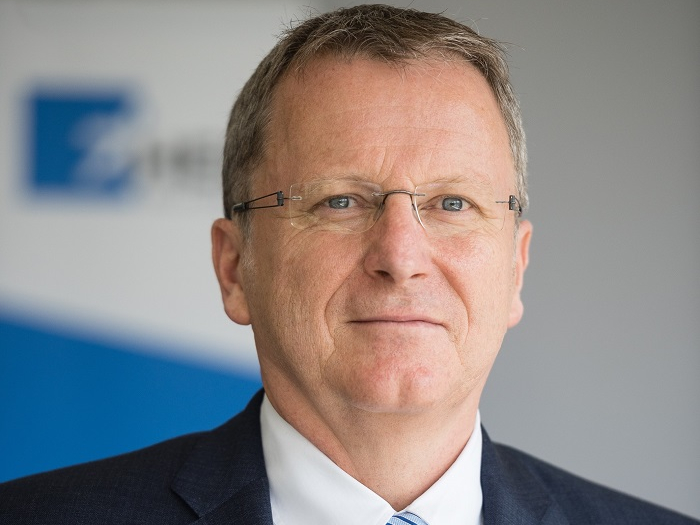
Rector Haute École pédagogique des cantons de Berne, du Jura et de Neuchâtel, HEP-BEJUNE
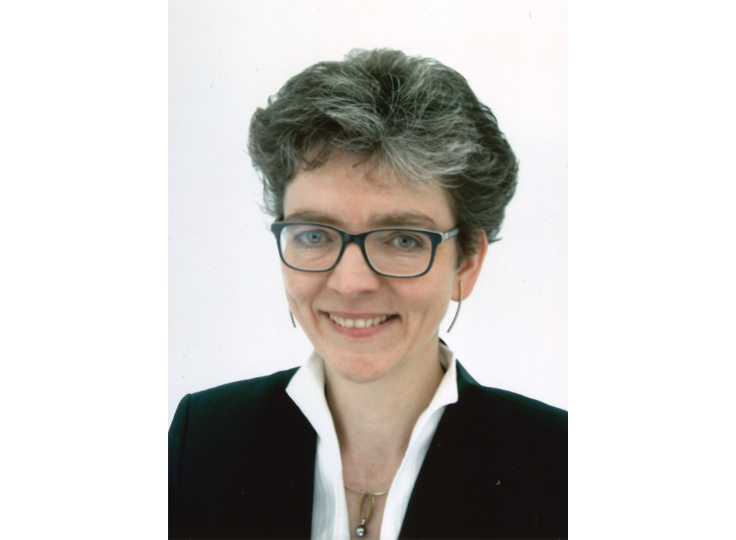
Secretary General swissuniversities in an advisory capacity

Rector Berner Fachhochschule, BFH

President École polytechnique fédérale de Lausanne, EPFL

President of the Board of Directors Fachhochschule Nordwestschweiz, FHNW

Rector of the OST Fachhochschule Ostschweiz, FHO / OST – Ostschweizer Fachhochschule
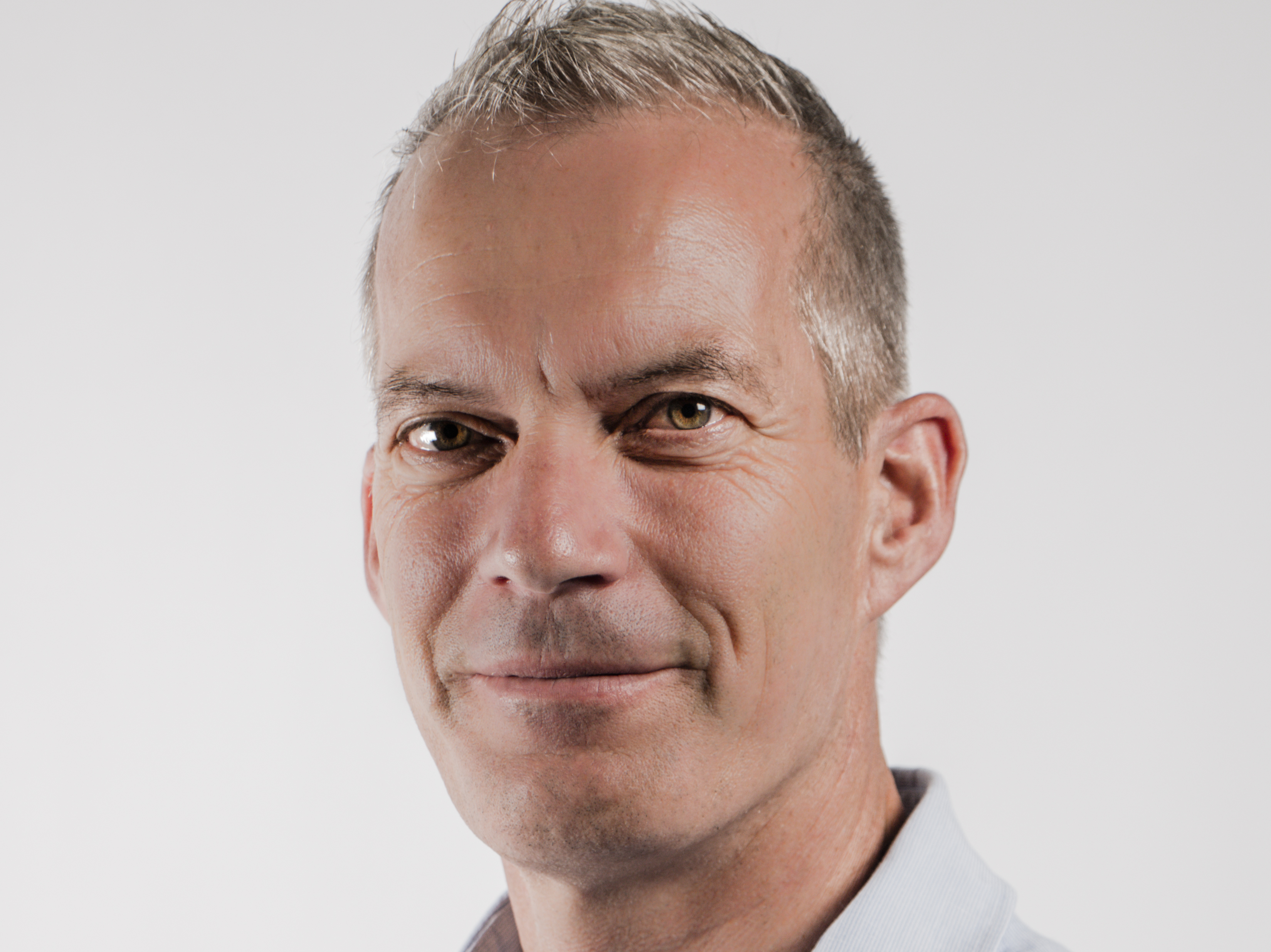
Member of the Board of Directors Haute École pédagogique Fribourg, HEP | PH FR; until 31 January 2021 Dr Lukas Lehmann
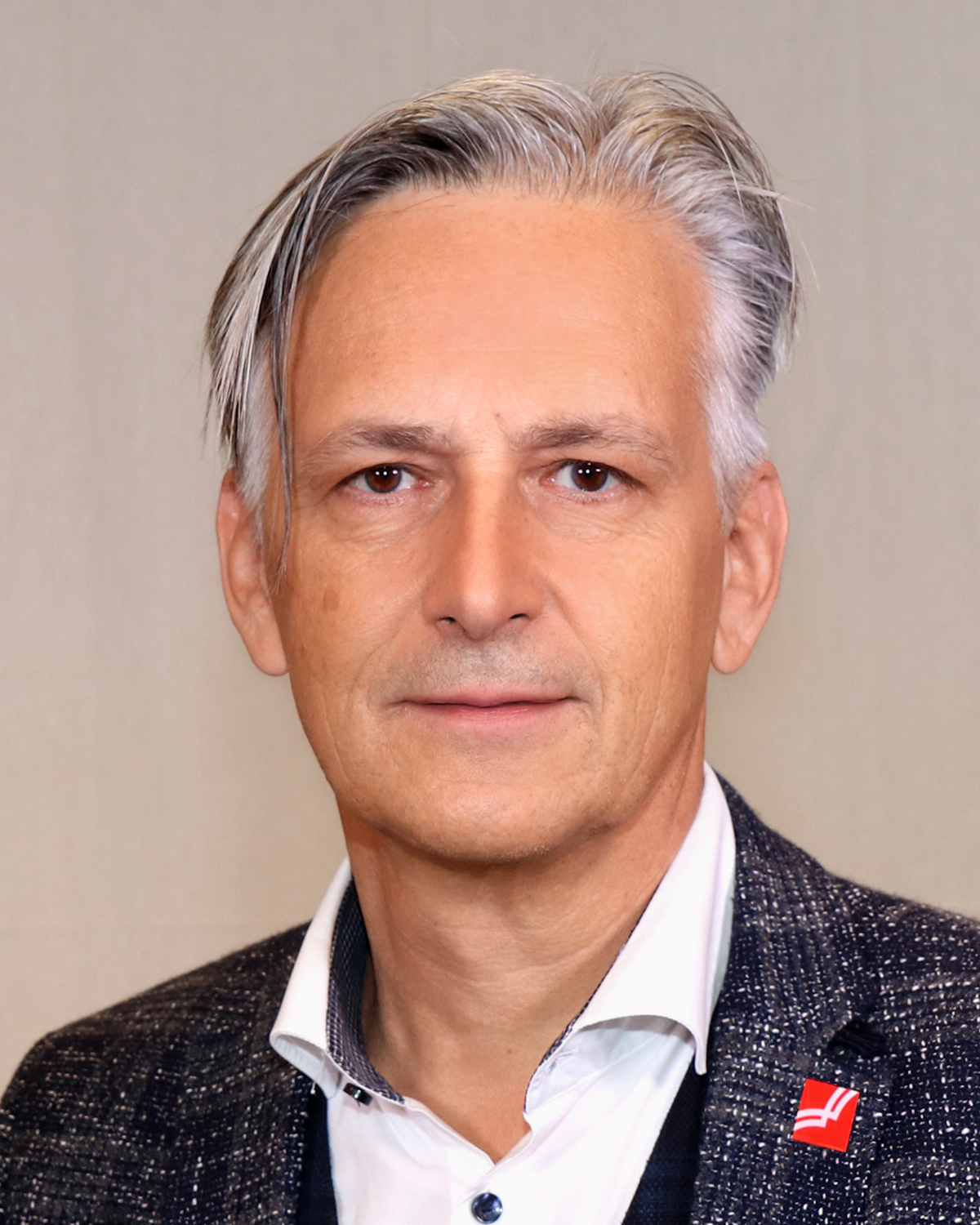
Co-director ad interim Haute École pédagogique du Valais, HEP-VS / PH-VS

Rector Haute École pédagogique Vaud, HEP Vaud
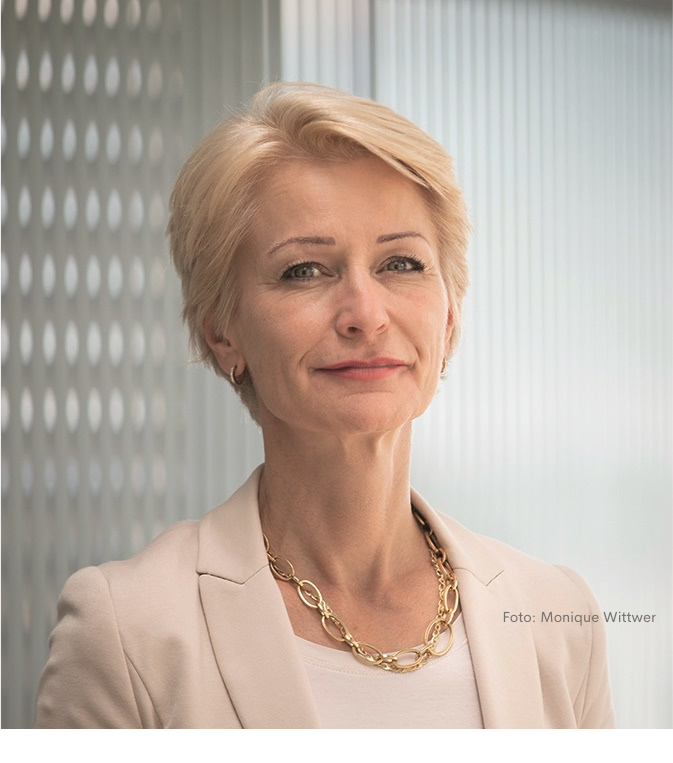
Rector Interkantonale Hochschule für Heilpädagogik, HfH

Rector Hochschule Luzern, HSLU
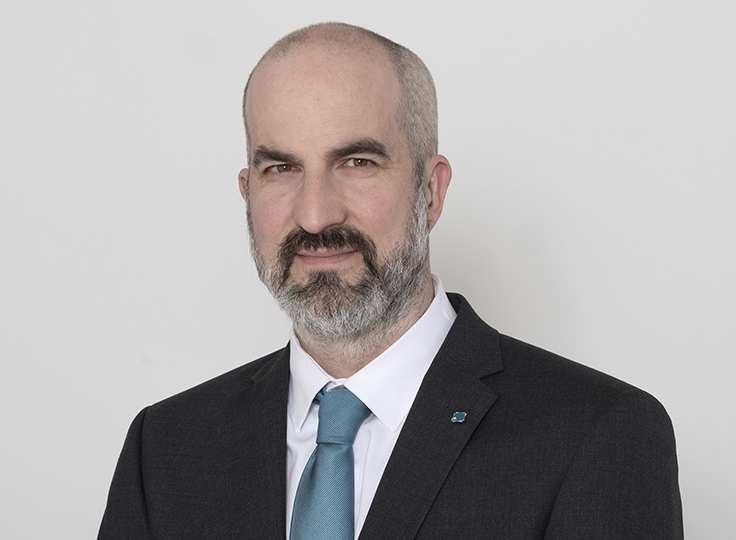
Rector Kalaidos Fachhochschule Schweiz, Kalaidos
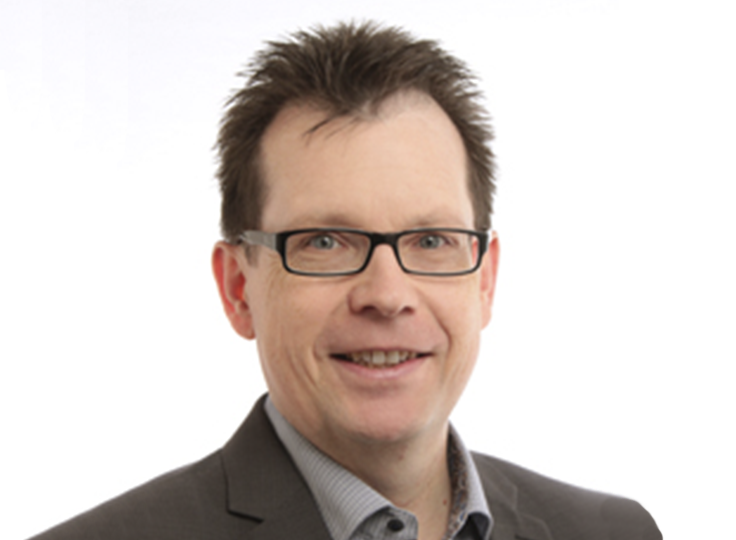
Rector Pädagogische Hochschule Bern, PHBern

Rector Pädagogische Hochschule Graubünden, PHGR

Rector Pädagogische Hochschule Luzern, PH Luzern
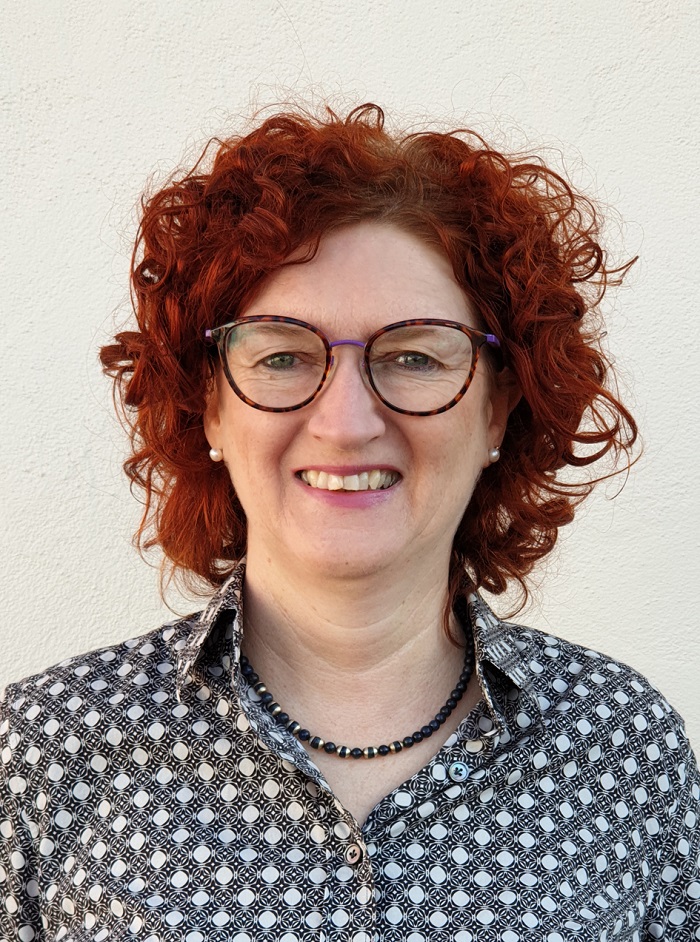
Rector Pädagogische Hochschule Schaffhausen, PHSH; until 31 July 2021 Thomas Meinen
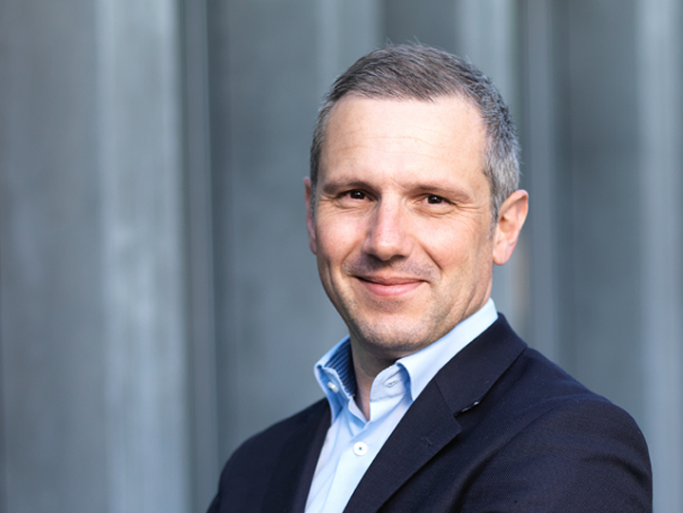
Rector Pädagogische Hochschule Schwyz, PHSZ
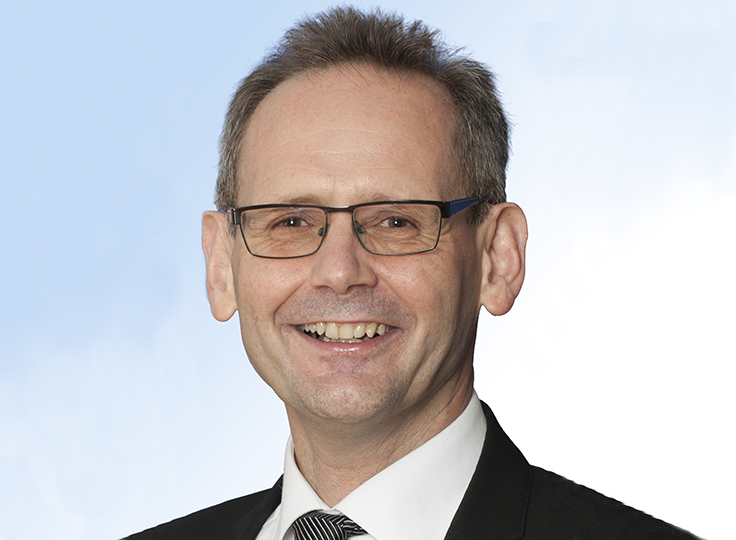
Rector Pädagogische Hochschule St. Gallen, PHSG

Rector ad interim Pädagogische Hochschule Thurgau, PHTG; until 30 November 2021 Prof. Dr Priska Sieber
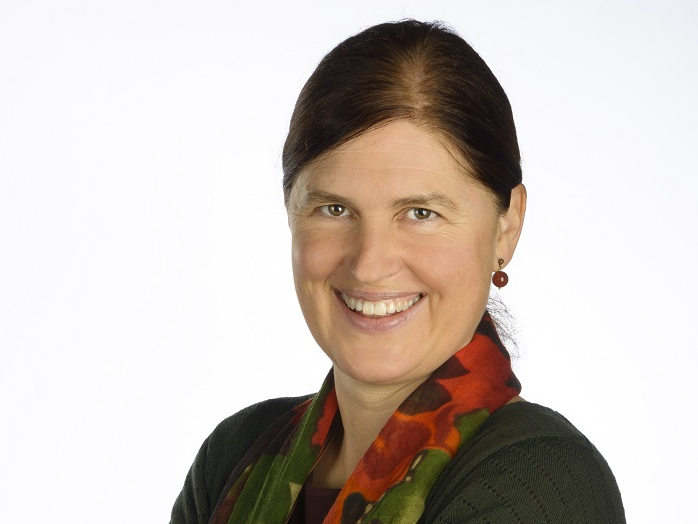
Rector Pädagogische Hochschule Zug, PH Zug
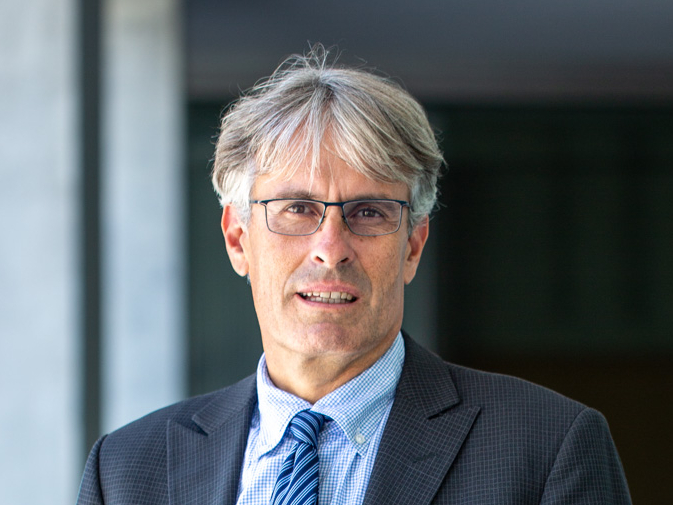
Director Scuola universitaria professionale della Svizzera italiana, SUPSI
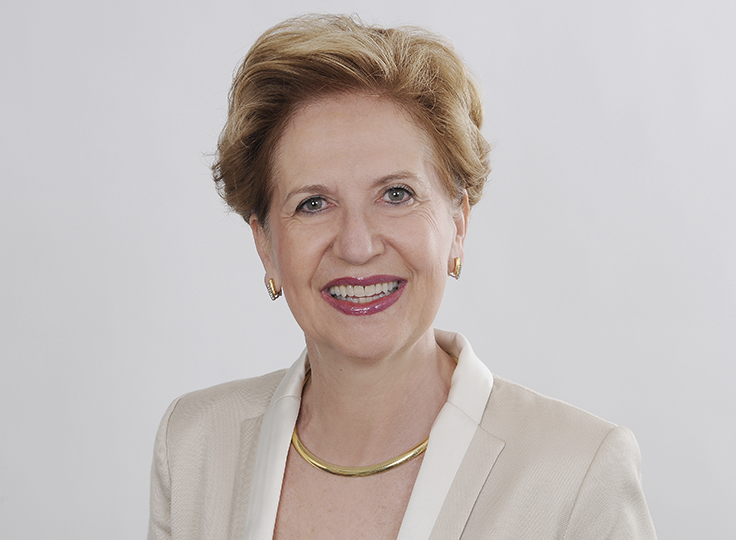
Rector Universität Basel
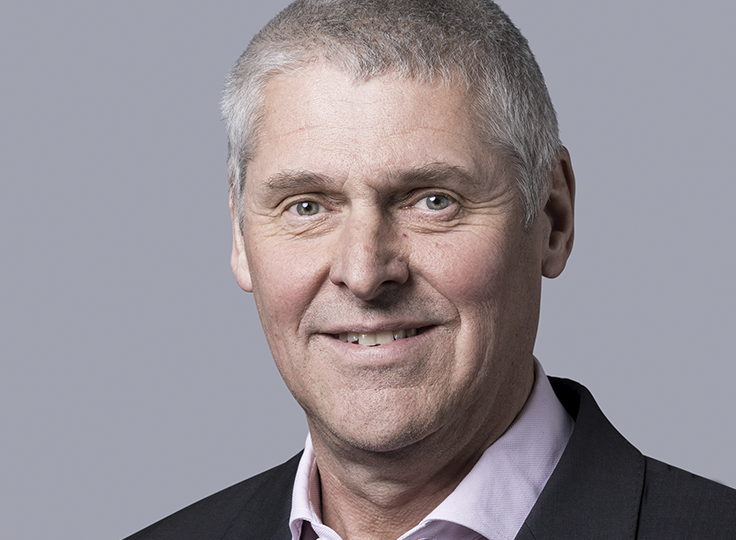
Rector Universität Bern, UniBE
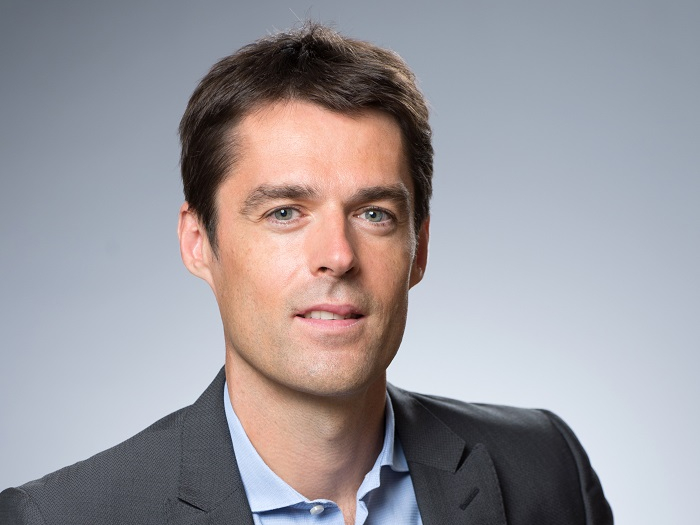
Rector Université de Lausanne, UNIL; until 31 July 2021 Prof. Dr Nouria Hernandez
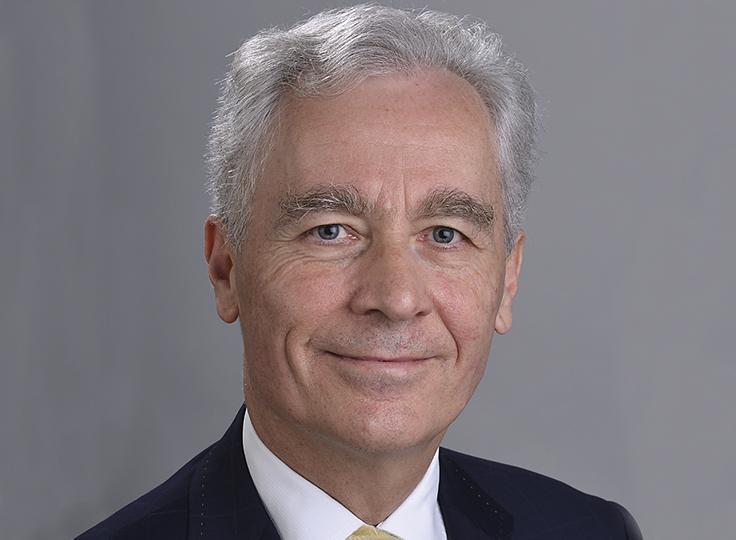
Rector Universität Luzern, Unilu

Rector Université de Neuchâtel, UniNE

Rector Universität St. Gallen, HSG
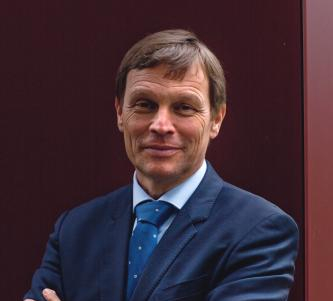
Rector Università della Svizzera italiana, USI

Rector Universität Zürich, UZH

Rector Zürcher Hochschule der Künste, ZHdK Zürcher Fachhochschule, ZFH

Rector Zürcher Hochschule für Angewandte Wissenschaften, ZHAW

Director Pädagogische Hochschule FHNW, PH FHNW (*may participate in Plenary Assemblies as guest)
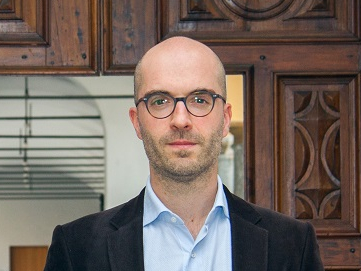
Director Dipartimento formazione e apprendimento della SUPSI, SUPSI-DFA (*may participate in Plenary Assemblies as guest)
Dr Martina Weiss
Secretary General
martina.weiss@swissuniversities.ch
+41 31 335 07 68
Dr Sabine Felder
Deputy Secretary General/ Head of Division Teaching and infrastructure
sabine.felder@swissuniversities.ch
+41 31 335 07 39
Etienne Dayer
Director of the chamber of universities of applied sciences
etienne.dayer@swissuniversities.ch
+41 31 335 07 31
Dr François Grandjean
Director of the chamber of universities
françois.grandjean@swissuniversities.ch
+41 31 335 07 69
Dr Andrea Hungerbühler
Director of the chamber of universities of teacher education
andrea.hungerbuehler@swissuniversities.ch
+41 31 335 07 59
Noëmi Eglin-Chappuis
Co-Head of Division research and development
noemi.eglin@swissuniversities.ch
+41 31 335 07 37
Dr Stefanie Wyssenbach
Co-Head of Division research and development
stefanie.wyssenbach@swissuniversities.ch
+41 31 335 07 82
Rahel Imobersteg
Head of Division Higher Education Policy
rahel.imobersteg@swissuniversities.ch
+41 31 335 07 72
Dr Dimitri Sudan
Head of Division international relations
dimitri.sudan@swissuniversities.ch
+41 31 335 07 56
Livia Blarasin
Head of finances
livia.blarasin@swissuniversities.ch
+41 31 335 07 47
Barbara Jgushia
Head of Human Resources
barbara.jgushia@swissuniversities.ch
+41 31 335 07 49
Dietrich Lindemann
Head of IT
dietrich.lindemann@swissuniversities.ch
+41 31 335 07 51
Josefa Haas
Head of communication
josefa.haas@swissuniversities.ch
+41 31 335 07 34